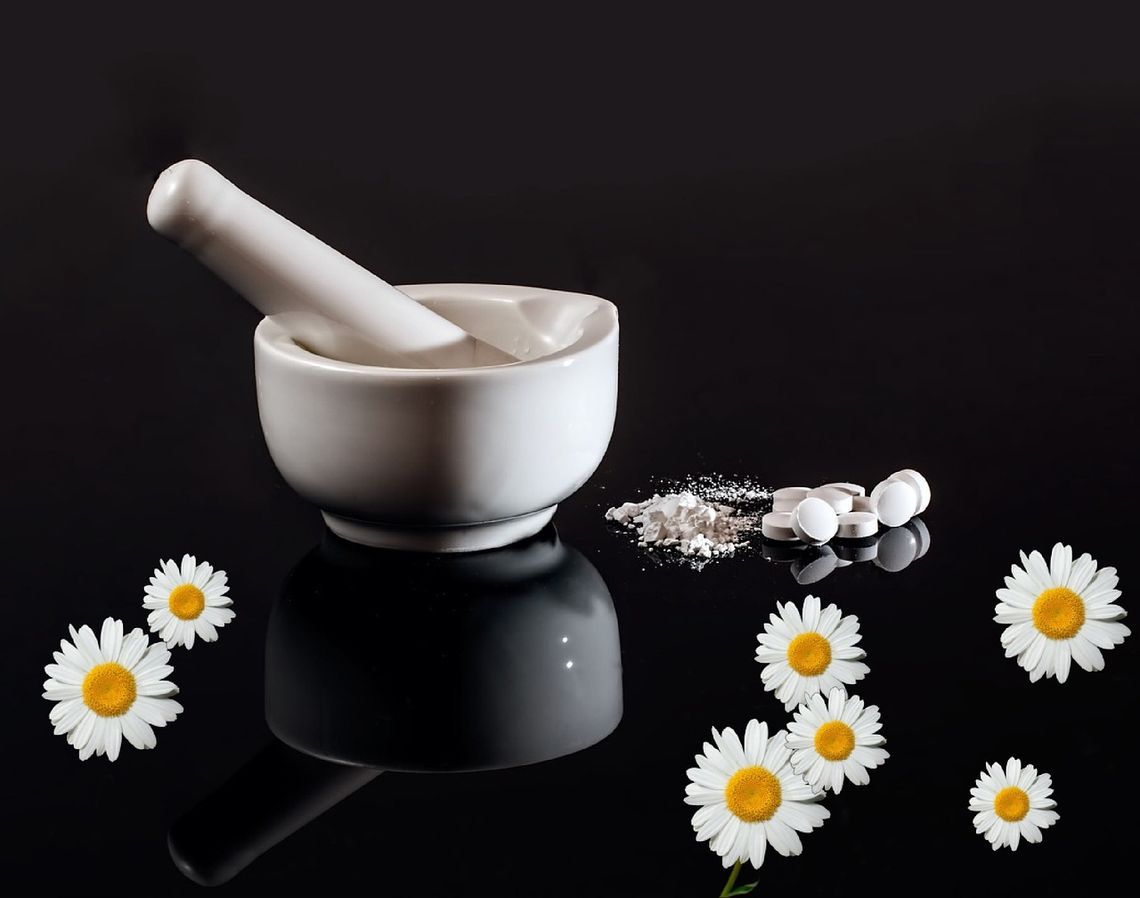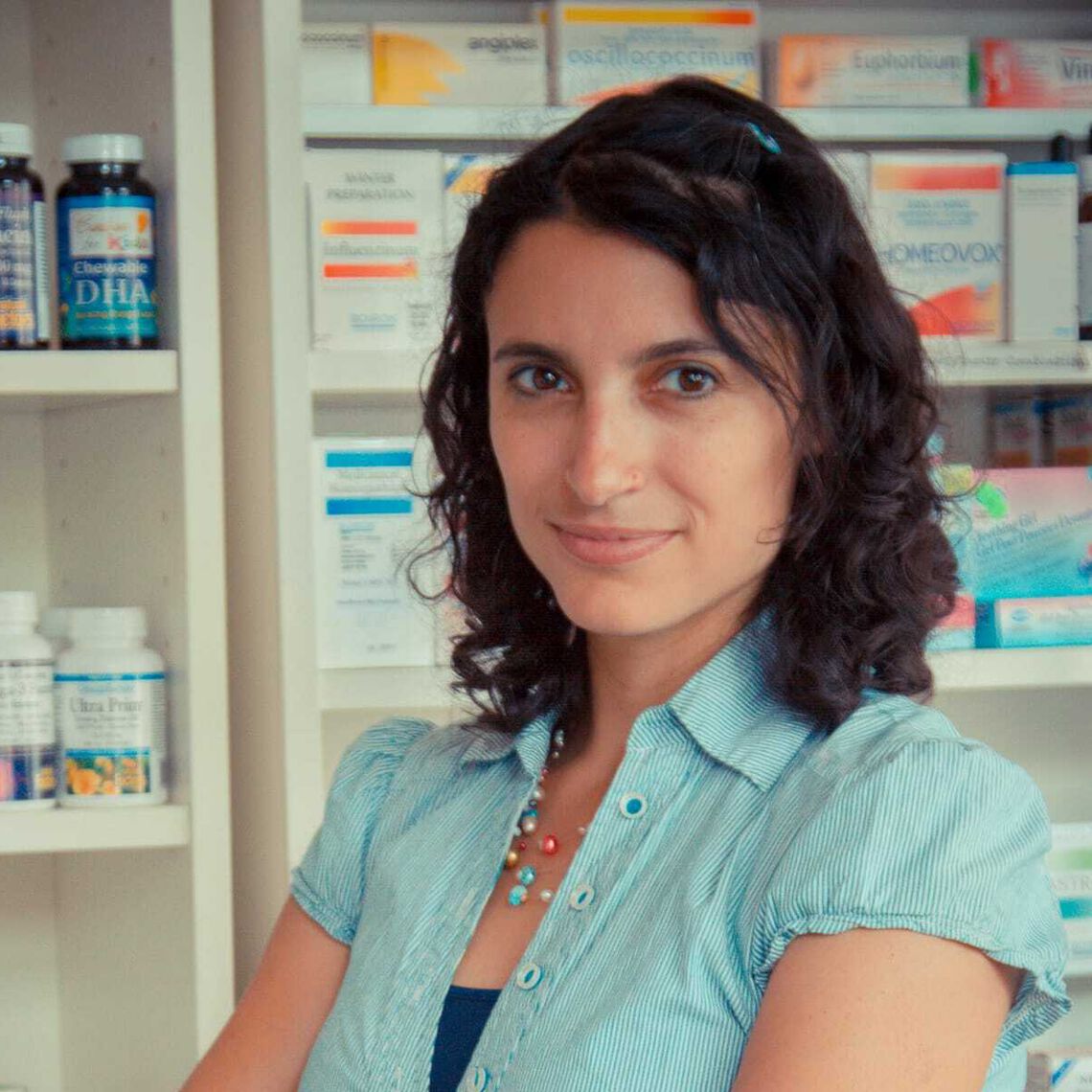Unraveling the Legacy of Aude Sapere in Homeopathy
I have just embarked on the latest cohort of Jeremy Sherr’s Dynamis, I find myself immersed in one of the world's premier post-graduate homeopathic programs. As you might expect from most advanced courses, we started from the very beginning, the key foundations. In our first class with Jeremy, we focused on the Organon - Sammuel Hahnemann’s magnum opus where he outlines the science and art of homeopathy. The starting point? The first aphorism:
“The physician's high and only mission is to restore the sick to health, to cure, as it is termed.”
Jeremy talked about how this aphorism intertwines with the phrase “Aude Sapere” – dare to know. And so, having never thought that much about the term as it seemed straight forward to me, I realized that I have much delving to do!
Aude Sapere appears at the very beginning of the Organon. Why did Sammuel Hahnemann give this latin phrase such prominence in his work? There is much to uncover about this challenge, unraveling the history and the contemporary landscape of homeopathy, natural medicine and the planet.
So many of us in the homeopathic community mistakenly attribute the origins of the expression to our dear founder, but in reality this beloved motto finds its roots in Horace's poem “Epistulae" (Epistles), specifically in Book 1, Letter 2.
Immanuel Kant later embraced the phrase in his essay "What is Enlightenment?" (1784), advocating for individuals to courageously think for themselves, question established beliefs, and engage in critical thinking.
Immanuel Kant later adopted the phrase in his essay "What is Enlightenment?" (1784). In this essay, Kant discussed the concept of enlightenment as humanity's emergence from self-imposed immaturity. He argued that enlightenment is the process of using one's own reason and intellect rather than relying on the guidance of others, such as religious or political authorities. The call to "Dare to know" or "Aude Sapere" was an encouragement for individuals to have the courage to think for themselves, question established beliefs, and engage in critical thinking.
The Enlightenment, a movement spanning 17th and 18th century Europe, centred on reason, liberty, progress, and autonomy. Kant's call to "Dare to know" resonates with challenging conventional wisdom, questioning authority, and valuing individual reason - a pursuit of knowledge.
Examining Hahnemann's journey, Aude Sapere emerges as his modus operandi, a guiding principle. Hahnemann battled against conventional thought and left us his legacy of questioning, and challenging, not only the conventional framework, but our colleagues and ourselves most of all.
Early on in his medical career, Hahneman recognized the brutality of allopathic practices of his times. He began to focus on ways of actually improving the health of people. Unlike the rest of his peers, Hahnemann valued hygiene, exercise, open air, hydrotherapy and cold water immersion. Now recognized as basic necessities for good health.
As Hahnemann observed patients’ reactions to the usual allopathic treatments he started questioning their effectiveness. He realized that blood letting, mercury and the onslought of poisons given to the sick, produced nothing but more calamity and confusion. Instead of going along with authorities of the time, he raised his head and said there must be a better way. Hahnemann turned his back on the allopathic model, refusing to be a part of a system that caused more harm than good, and dedicated his life to finding a gentler path to the healing of human suffering.
Hahnemann's dissent wasn't met with applause:
"The multitude of calumnies against Hahnemann should not
protract their brief existence by a place in such a volume.
Where, however, they chafed or roused their noble mark (for in
his venerable age he was at times galled even to tears) they
might merit a passing notice.
- 1847, Dr. Constantine Hering "Requisites to a Correct Estimate of Hahnemann in the medical journal Hygeia
Hahnemann clashed with pharmacists when he generated doubt in regards to their integrity. He tested them by sending patients with prescriptions for non-existent medicines, which pharmacists happily dispensed and charged patients. He called for homeopaths to make their own remedies and in essence sparked a boycott of pharmacies. By 1820 he was forced to leave Leipzig, where he held a teaching post, when opposition to his “radical views” made life completely unbearable. Hahnemann was a man who refused to compromise on his ideals on his beliefs. He focused his energy on the search for truth and meaning, and in the perfection and proliferation of a gentle medicine that guides patients to the true restoration of health.
Aude Sapere - Hahnemann's challenge: Dare to know, dare to be wise, dare to think outside the box. A call, as Jeremy Sherr posits, for personal growth, self-analysis, and knowing oneself. Homeopathy demands observation, pattern discernment, and judgment reserved, requiring self-reflection.
It beckons us to question ingrained ideologies, urging a perpetual why. A challenge to question and learn independently, especially vital in an era where skepticism toward mainstream and alternative information grows.
Aude Sapere - Hahnemann’s challenge: Dare to know, Dare to be wise. Dare to think outside the box. Dare to challenge the foundations upon which you stand upon.
A call (as Jeremy Sherr suggests) to analyze one’s self. The work of a homeopath is to observe, discern patterns, and reserve our judgement. And how does one apply those skills to others without being able to self reflect?
A call to question the philosophies and the ideologies that we grow up with, the power grabs and limiting beliefs veiled as truth. Hahnemann encourages us to ask the perpetual why, and to live with a spirit of inquisitiveness.
We are called to question and challenge everything we think we know. Not to depend on what “authority” tells us but cultivate drive to learn for ourselves. In this “age of covid”, this has become a greater wake up call – as many of us are questioning the logic of our bureaucrats, our leadership, our institutions, our media, and our sources of information. We are waking up to the fact that we can no longer rely on mainstream nor alternative information sources to tell us the truth, we must dig deeply and rely on our own discernment.
And we are called to question the conventional and alternative claims about health, healing, and disease. To always strive to know more about these processes. As any student of homeopathy knows, this is a never-ending investigation, leading us to discover the patterns on which the universe is built.
In the footsteps of Kant and Hahnemann, I challenge you to dare to be wise. What does this mean to you? How can you embody it with integrity?
References:
A Brief Biography of Samuel Hahnemann - Peter Morrell. http://www.homeoint.org/morrell/articles/biohahnemann.htm Accessed 14 Feb. 2024.
“Age of Enlightenment.” Wikipedia, 12 Feb. 2024. Wikipedia, https://en.wikipedia.org/w/index.php?title=Age_of_Enlightenment&oldid=1206596331.
BIOGRAPHY OF DR. HAHNEMANN | Organon Of Medicine & Philosophy. 6 Nov. 2021, https://medicosage.com/biography-of-dr-samuel-hahnemann-father-of-homoeopathy-homeopathy/
As we believe in giving various perspectives a voice, we may publish ideas we don't necessarily agree with, therefore the views of the authors do not necessarily reflect the views of Magic Pills, Ananda More, or Phosphorus Films.



